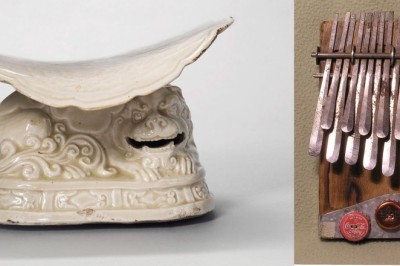
views
Why Men Shouldn't Write Advice Columns
Dear John,
I hope you can help me. The other day, I left for work with my husband at home watching TV. Unfortunately, my car stalled and later broke down about a mile down the road, forcing me to walk back for his help. When I arrived home, I was shocked to find him in our bedroom with the neighbor's 19-year-old daughter.
I’m 32, my husband is 34, and we have been married for 10 years. Upon confronting him, he confessed to an affair lasting six months. He refuses to go to counseling, leaving me feeling like a wreck and desperate for advice. Please help.
Sincerely, Sheila
Dear Sheila,
When your car stalls after a short distance, it could be due to various engine faults. Begin by checking for debris in the fuel line. If that looks fine, inspect the vacuum pipes and hoses on the intake manifold, along with the grounding wires. If nothing resolves the issue, the fuel pump may be faulty, leading to low delivery pressure to the injectors.
In this response, the disconnect between Sheila’s emotional turmoil and the practical car maintenance advice underscores why men may not be the best fit for writing relationship advice columns.
Sheila’s plea for counsel revolves around betrayal, heartbreak, and the urgent need for emotional support, not mechanical troubleshooting.
This scenario emphasizes the difference in perspectives that men and women may bring to relationship issues. While Sheila seeks affirmation, empathy, and guidance to navigate her troubled marriage, the advice given completely misses the emotional context of her situation.
Men often approach problem-solving with a logical mindset, wanting to fix what they see as broken. However, in matters of the heart, this mindset can lead to oversimplifications that disregard the intricate emotions involved. Sheila’s situation is about loss of trust, pain, and feelings of inadequacy—issues that require careful handling and understanding, rather than a step-by-step diagnostic checklist.
Advice columns should ideally resonate on a personal level, acknowledging the depth of the reader's feelings and offering compassion. In contrast, a technical response can feel dismissive and alienating, making the person seeking help feel further isolated in their struggle.
The Takeaway
This serves as a reminder for writers—especially men—when responding to emotional inquiries: it’s important to connect with the emotional weight of the situation. True advice doesn't just solve a problem; it validates the feelings that come with it. Effective communication in relationships often hinges on how we express understanding for those feelings.
In essence, advice should be more than merely offering solutions; it must build a bridge of empathy and support. In Sheila's case, she needed someone to help her navigate the choppy waters of heartbreak, not just offer a practical solution to a broken car.
Next time you find yourself in a position to offer advice—whether in relationships or other emotional matters—consider the emotional layers at play. This approach leads to more meaningful, impactful guidance that reflects the complexities of human experiences.




















Comments
0 comment